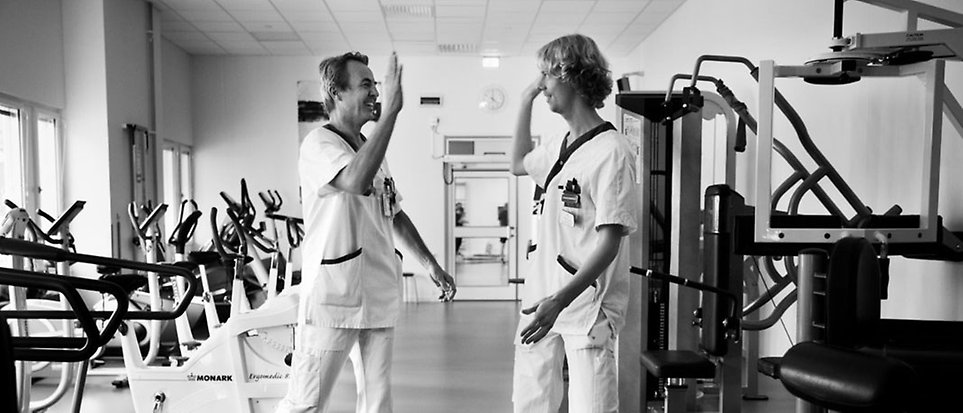Healthy Ageing Initiative

Stroke and dementia are the leading causes of disease and dependency among the elderly today. Increased age is the primary risk factor for these diseases, exacerbated by the rising average age in Sweden and other countries. An extensive health examination was conducted from 2012 to 2023 involving 7,000 elderly participants to investigate risk factors, including genetic factors. The intervention included individually tailored lifestyle and medical advice. The main objectives of the project are to improve the prediction of stroke and dementia and to reduce the risk of these diseases through intervention. With a high prevalence of risk factors, there is hope for a positive effect of the intervention. The project is crucial given the aging population and the need for prediction and prevention to improve the health of the elderly.
Project description
Stroke and dementia are currently the diseases that lead to the highest morbidity and dependence on others in daily life. The greatest risk factor for these diseases is increased age. The rising average age in Sweden and other countries means that more people will be affected in the future, with consequences for both the individual and increased costs for society. Early prevention and better prediction instruments will be important components, both to reduce the risk of disease and to focus treatment on individuals at highest risk.
Within the framework of this project, 7,000 elderly men and women have been included in a health examination conducted between 2012 and 2023. Participants have been examined for traditional risk factors for stroke and dementia, as well as many other factors that could influence the risk of onset. In addition, blood samples have been taken for later genetic analysis, as well as analysis of other components in the blood that could affect the risk of these diseases. All participants in the health examination have since received an intervention consisting of individually tailored advice on lifestyle factors such as smoking and physical activity, as well as medical advice based on the results of the tests undergone.
The project has two main purposes. The first is to investigate whether by using all the data collected about the participants, including data on genetic factors, we can better predict who will be affected by stroke and dementia. The second purpose is to examine whether the intervention received by the participants can reduce the risk of stroke and dementia. This is done by comparing the risk of these diseases among those who received the intervention with 70-year-olds from Sweden who did not participate in the project. At the health examination, it is found that 40% have high blood pressure, 25% have elevated blood sugar, and 16% suffer from obesity. Based on the high prevalence of risk factors, we believe there is a great chance that the intervention will be effective.
In summary, this project aims to investigate whether we can better predict who will be affected by stroke and dementia, and whether we can reduce the future risk of these diseases through risk factor intervention. Given that the number of elderly people will increase significantly over the next 20 years, there is a great need for research that can influence and improve the health of the elderly through prediction and prevention.
Contact
- Feel free to contact us for collaboration
- Anna Nordström
